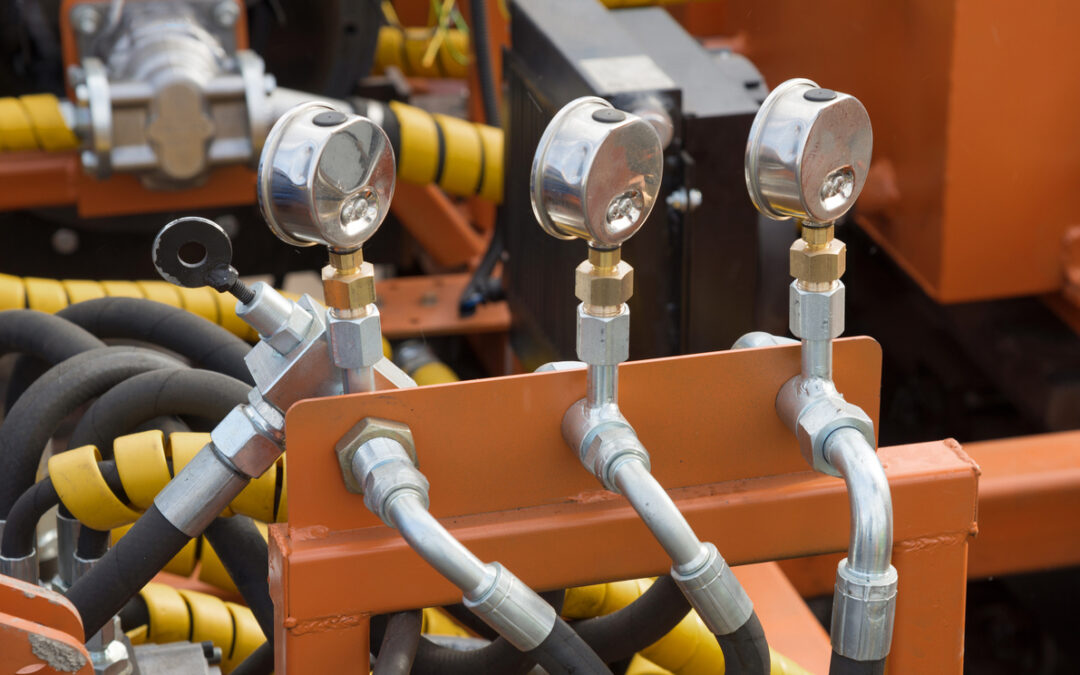Is Your Hydraulic System Ready for Peak Performance?
Hydraulic systems are the backbone of various industries, from construction and agriculture to manufacturing and oilfield operations. At the heart of these systems are hydraulic valves, crucial components responsible for controlling the flow and pressure of hydraulic fluid. By regulating these parameters, hydraulic valves ensure that machinery operates smoothly, safely, and efficiently. However, like any mechanical component, they are susceptible to wear and tear. Regular maintenance and timely repairs are essential to keeping hydraulic systems in peak condition. In this article, we’ll explore the importance of hydraulic valve maintenance and how it can help you avoid costly downtime and equipment failure.
The Role of Hydraulic Valves in Fluid Control
Hydraulic valves serve a fundamental role in any hydraulic system. They control the direction, pressure, and flow rate of the hydraulic fluid, allowing operators to manipulate the speed and movement of machinery with precision. Different types of valves are used depending on the complexity of the application:
- Directional Control Valves manage the direction of the fluid flow within the system.
- Pressure Control Valves maintain the desired pressure, protecting components from damage caused by excessive pressure.
- Flow Control Valves regulate the flow rate, ensuring that machinery operates at the correct speed.
Without these valves functioning correctly, hydraulic systems can become unpredictable, leading to erratic operation, safety risks, and potentially severe mechanical failures.
Signs of Hydraulic Valve Problems
Recognizing the signs of hydraulic valve issues early can prevent more severe damage. Some common symptoms include:
- Unusual Sounds: If you hear banging, clanking, or other odd noises, it could indicate a valve malfunction.
- Pressure Drops/Reduced Performance: A sudden drop in system pressure might signal an internal leak or bypass in the valve.
- Equipment “Creeping” or Loss of Power: These issues often stem from faulty valves or internal leaks.
- Leaks: Bad seals can cause internal or external leaks, leading to loss of power and efficiency.
Ignoring these signs can result in equipment downtime, costly repairs, or even catastrophic failure. Therefore, it’s crucial to address these issues promptly by consulting experts in hydraulic systems.
The Importance of Regular Maintenance
Routine maintenance is the key to extending the life of your hydraulic valves and ensuring system reliability. Here’s how you can keep your hydraulic valves in top condition:
- Regular Inspections: Schedule periodic inspections to check for wear and tear. Look for leaks, damaged seals, and signs of contamination.
- Clean and Replace Filters: Contaminated oil can severely impact valve performance. To keep the system clean, regularly clean and replace oil filters.
- Check Oil Quality: Use the right hydraulic oil and monitor its condition. Degraded oil can cause valve malfunction and reduce the system’s lifespan.
- Lubrication: Proper lubrication minimizes friction, reducing wear on moving parts.
Integrating these steps into your maintenance routine can prevent most hydraulic valve issues before they escalate.
Ensure System Efficiency with Texas Hydrostatics
Trust Texas Hydrostatics for Expert Hydraulic Solutions
When it comes to maintaining and repairing hydraulic systems, Texas Hydrostatics is your go-to partner. We specialize in rebuilding and remanufacturing various hydraulic pumps, motors, and valves, including HST (hydrostatic transmission) systems. Our experienced technicians are equipped to handle variable and fixed piston pumps, vane pumps, gear pumps, and more.
Texas Hydrostatics serves various industries, including construction, waste management, agriculture and forestry. We understand the unique demands of these sectors and the critical role hydraulic valves play in your equipment’s performance. That’s why we offer comprehensive repair and replacement services for all types of hydraulic valves, ensuring minimal downtime and maximum efficiency.
Call Texas Hydrostatics now to speak with our hydraulic experts and schedule your next maintenance check. Whether you’re managing earth-moving equipment, waste management systems, or agricultural and forestry equipment, we’ve got you covered. With our expertise and commitment to excellence, you can rest assured that your hydraulic equipment is in the best hands. Let us help you keep your systems in check!

